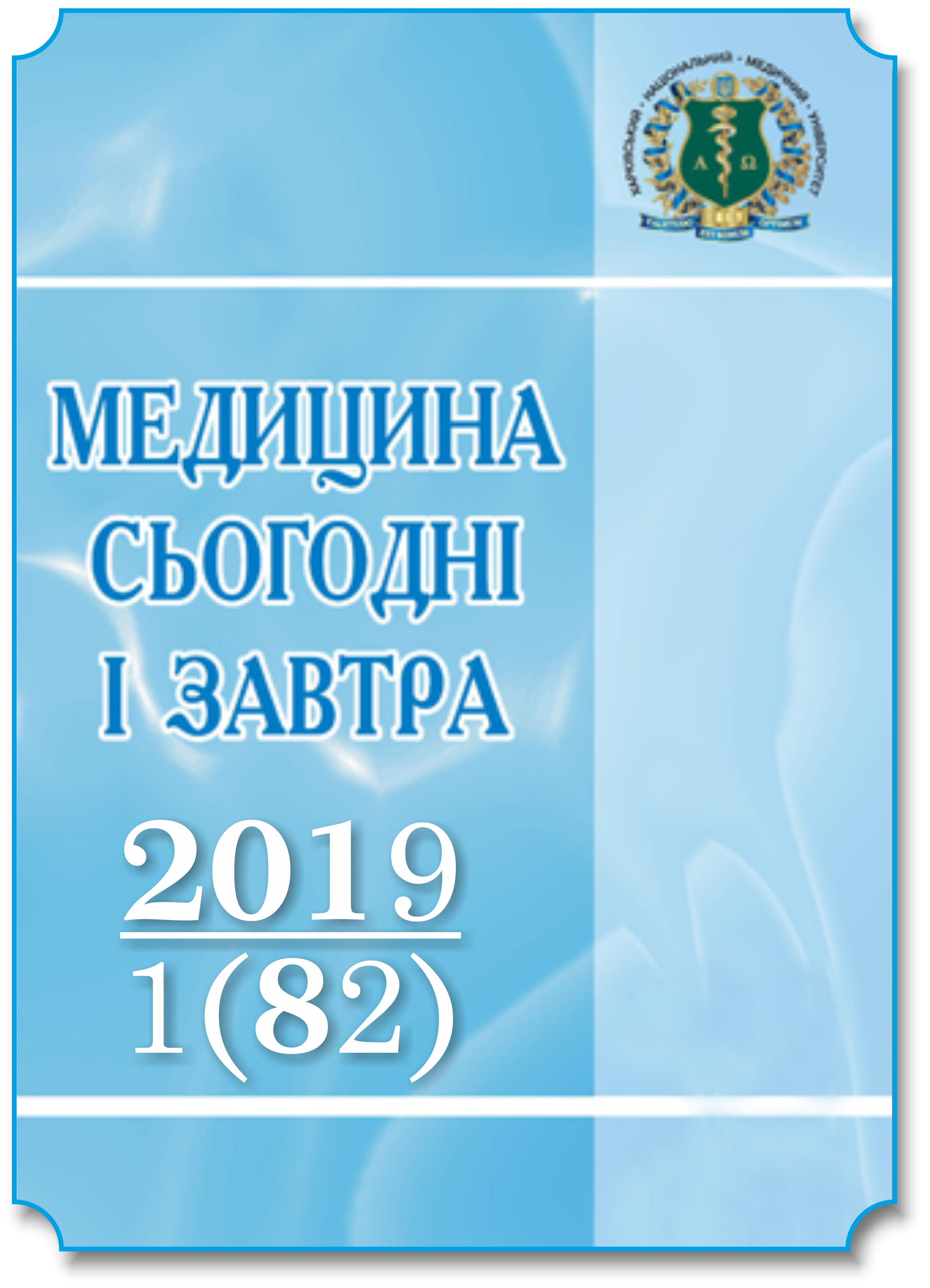Abstract
243 reference relatives of patients with endogenous mental disorders (EPR is paranoid schizophrenia, bipolar affective disorder, recurrent depressive disorder) were examined, in which the characteristics of the psycho-emotional sphere in the context of their psychosocial functioning were determined. The psychoemotional state of reference relatives was investigated using the Spilberger–Khanin test and the Tsung questionnaire in the adaptation of T.I. Balashova. The level of family anxiety was analyzed by the AST questionnaire E.G. Eidemiller and V. Justickis. The subjective attitude of reference relatives to patients with ESR was studied on a structured interview scale to determine the relationship of family members to the disease (psychiatric diagnosis) in a relative according to V.A. Abramov, I.V. Zhigulina, T.L. Riapolova. The control group consisted of 55 mentally healthy individuals. A tendency toward a disturbance in the psychoemotional state was revealed in the reference relatives of patients with ESR, and anxiety and depressive manifestations prevailed in the reference relatives of patients with paranoid schizophrenia and were most pronounced in respondents living with a mentally ill family member with a disease duration of up to 4 years. It is shown that during the development of EPR, a family member of reference relatives gradually depletes emotional, individual psychological and communicative resources, which leads to distance and avoidance of intra-family interaction in situations. 42,8 % of the reference relatives of patients with paranoid schizophrenia and 37,3 % of the reference relatives of patients with affective disorders showed a mentally ill member of a dramatic family. 27,4 % of reference relatives of patients with paranoid schizophrenia and 18,1 % of reference relatives of patients with affective disorders had a negative (destructive) attitude to the patient’s mental state. This situation leads to an increase in the conflict and dysfunctionality of the family system as a whole, which may result in exacerbation of the mental disorder in the patient, as well as a general decrease in the quality of life of all family members.
References
Buhorskii A.V. (2017). Psikhiatricheskoie prosveshcheniie rodstvennikov patsiientov, stradaiushchikh shyzofreniiei i rasstroistvami shyzofrenicheskoho spektra [Psychiatric education for relatives of patients with schizophrenia and schizophrenic spectrum disorders]. Psikhoterapiia i psikhosotsialnaia rabota v psikhiatrii – Psychotherapy and psychosocial work in psychiatry. O.V. Limankin, S.M. Babin (Ed.). SPb.: Taro, issue IV, pp. 49–56 [in Russian].
Hurovich I.Ya., Shmukler A.B., Salnikova L.I. (2002). Praktikum po psikhosotsialnomu lecheniiu i psikhosotsialnoi reabilitatsii psikhicheski bolnykh [Guide for psychosocial treatment and psychosocial rehabilitation of the mentally ill patients]. Мoscow: Mediapraktika, 180 p. [in Russian].
Huseva O.V., Kotsiubinskii A.P. (2013). Intehrativnaia model psikhoterapii endohennykh psikhicheskikh rasstroistv [An integrative model of psychotherapy for endogenic psychiatric disorders]. St. Petersburg: SpetsLit, 287 p. [in Russian].
Awad A.G., Voruganti L.N. (2008). The burden of schizophrenia on caregivers: a review. Pharmacoeconomics, № 26 (2), pp. 149–162.
Gupta S., Isherwood G., Jones K., Van Impe K. (2015). Assessing health status in informal schizophrenia caregivers compared with health status in non-caregivers and caregivers of other conditions. BMC Psychiatry, № 15, DOI 10.1186/s12888-015-0547-1.
Miklowitz D.J. (2012). Family treatment for bipolar disorder and substance abuse in late adolescence. Journal of Clinical Psychology, № 68 (5), pp. 502–513.
Perlick D.A., Rosenheck R.A., Miklowitz D.J., Kaczynski R., Link B., Ketter T. et al. (2008). Caregiver burden and health in bipolar disorder: a cluster analytic approach. The Journal of Nervous and Mental Disease, vol. 196 (6), pp. 484–491.
Vitaliano P.P., Zhang J., Scanlan J.M. (2003). Is caregiving hazardous to one’s physical health? A meta-analysis. Psychological Bulletin, № 129 (6), pp. 946–972.
Ochoa S., Vilaplana M., Haro J.M., Villalta-Gil V., Martínez F., Negredo M.C. et al. (2008). Do needs, symptoms or disability of outpatients with schizophrenia influence family burden? Soc. Psychiatry and Psychiatric Epidemiol., vol. 43 (8), pp. 612–618.
Eidemiller E.H., Yustitskis V. (1999). Psikholohiia i psikhoterapiia semi [Family psychology and psychotherapy]. St. Peterburg, pp. 38, 555–556 [in Russian].
Berk L., Berk M., Dodd S., Kelly C., Cvetkovski S., Jorm A.F. (2013). Evaluation of the acceptability and usefulness of an information website for caregivers of people with bipolar disorder. BMC Medicine, № 11 (1), pp. 162.
Bustillo J., Lauriello J., Horan W., Keith S. (2001). The psychosocial treatment of schizophrenia: an update. The American Journal of Psychiatry, № 158 (2), pp. 163–175.
Geriani D., Savithry K.S., Shivakumar S., Kanchan T. (2015). Burden of care on caregivers of schizophrenia patients: a correlation to personality and coping. Journal of Clinical and Diagnostic Research, № 9 (3), VC01–VC04, DOI 10.7860/JCDR/2015/11342.5654.
Saveleva O.V., Petrova N.N. (2017). Effektivnost kompleksnoi reabilitatsii bolnykh shyzofreniei [The effectiveness of complex rehabilitation of patients with schizophrenia]. Vestnik SPbHU. Seriia 11. Meditsina – Bulletin of St. Petersburg State University. Series 11. Medicine, № 3. Retrieved from https://cyberleninka.ru/article/n/effektivnost-kompleksnoy-reabilitatsii-bolnyh-shizofreniey [in Russian].
Raihorodskii D.Ya. (2008). Prakticheskaia psikhodiahnostika. Metodiki i testy [Practical psychodiagnostics. Methods and tests]. Samara: BAKhRAKh–M, 672 p. [in Russian].

